T4K3.news
Not all ultra-processed foods are bad for you
A new analysis shows not all ultra-processed foods are harmful and some options can support nutrition.

A nuanced look at ultra-processed foods shows some options may support nutrition while policy debates continue.
Not all ultra-processed foods are bad for you
Ultra-processed foods account for a large share of calories in the United States. A CDC report shows Americans get more than 50 percent of daily calories from highly processed foods, and kids and teens pull in about two-thirds from 2021 to 2023. Diets high in UPFs have been linked to obesity, heart disease, colorectal and breast cancers, diabetes, and depression. A study from April found that for every 10 percent more UPFs in a person’s diet, the risk of premature death from any cause rose by about three percent. The analysis also tied one in seven premature US deaths to UPFs such as processed meats, candy, ice cream, and even some salads and breads. Yet not all UPFs are equal. Items like frozen vegetables, canned tomatoes, whole-grain bread, and unsweetened Greek yogurt can be nutritious options because processing preserves nutrients and avoids risky additives. Access matters too: UPFs are often cheaper than unprocessed foods, helping families stretch budgets and get dinner on the table quickly.
Experts say the key is distinction. The American Heart Association notes that foods with industrial additives are often high in saturated fat, added sugar, and salt, but not all UPFs are harmful. Some packaged items like certain whole-grain breads, low-sugar yogurts, tomato sauces, and nut or bean spreads can support diet quality while remaining affordable. Internationally, several countries have moved to limit UPFs in schools or impose taxes; the European Union and Canada have taken steps, while the United States has not set a formal regulatory definition. The risk is a broad label that could confuse shoppers or undermine trust if not carefully designed. Nutritionists urge looking for short ingredient lists and nutrient-rich components rather than painting all UPFs with the same brush.
Key Takeaways
"Most of the foods containing industrial additives are also high in unhealthy fats, added sugars, and salt."
American Heart Association assessment of UPF risks.
"The science recognizes the complexity—UPF is a broad category, and context matters. We should differentiate between unhealthy UPFs and more wholesome packaged items."
Grace Derocha, Academy of Nutrition and Dietetics spokesperson.
"Not all UPFs are harmful."
AHA framing of nuance in UPF risk.
"The term ultra-processed foods is an umbrella term."
Discussion of UPF definitions.
This analysis makes a clear point: nutrition science, policy design, and daily eating habits collide in real life. Processing is not inherently evil; the pattern of consumption and the availability of healthier options matter more. Because UPFs can be affordable and convenient, policies should help people make better choices without cutting access.
The risk for readers is mixed messaging. If regulators oversimplify UPFs with a broad definition, shoppers may ignore warnings. The path forward is targeted guidance that recognizes nutritious UPFs while steering people toward minimally processed options. This shift requires clearer labeling, better nutrition data, and sustained public education.
Highlights
- Some UPFs can fit into a healthy diet when choices are smart
- Context matters not all processing is the same
- Policy must protect nutrition without confusing shoppers
- Convenience and cost should not trump nutrition
Budget and policy risk around UPF labeling
The topic touches on budgets, cross-border regulatory approaches, and potential public backlash if labeling becomes prominent.
Policy and practice must adapt as science evolves.
Enjoyed this? Let your friends know!
Related News
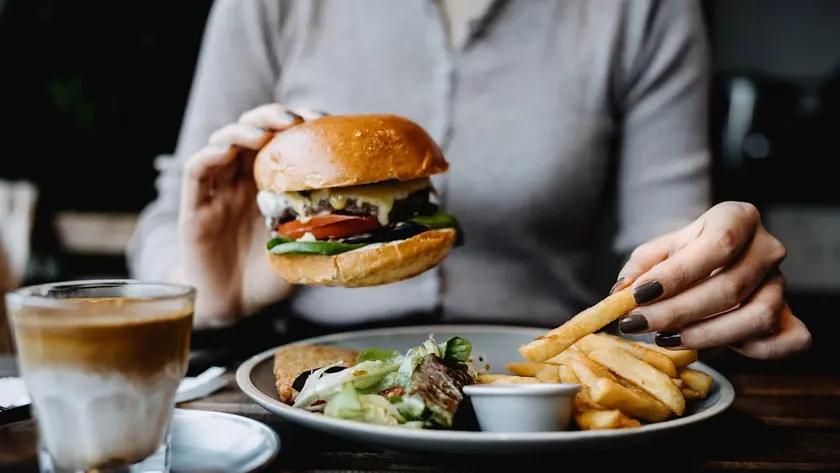
AHA List Healthier Ultra-Processed Foods
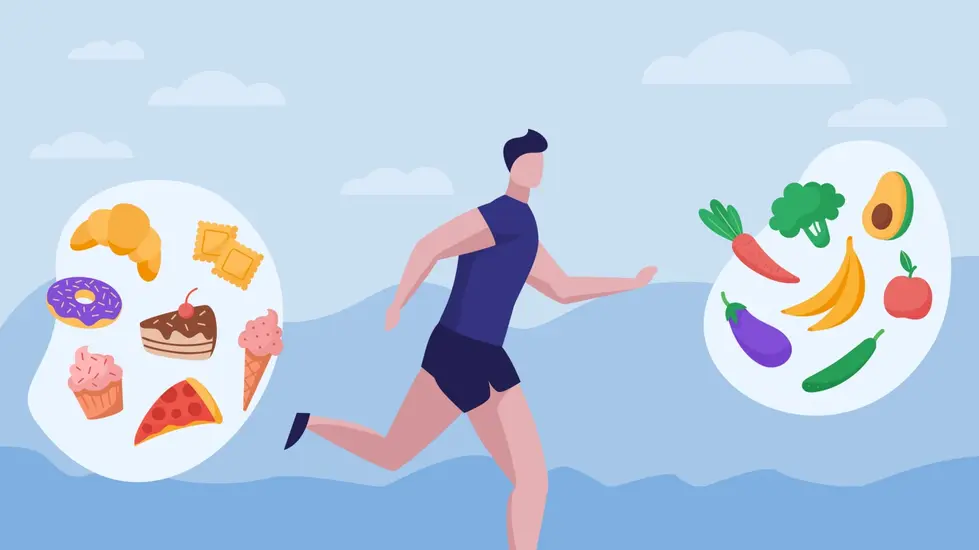
New study reveals diet is key driver of obesity

Foundations first for lasting fitness
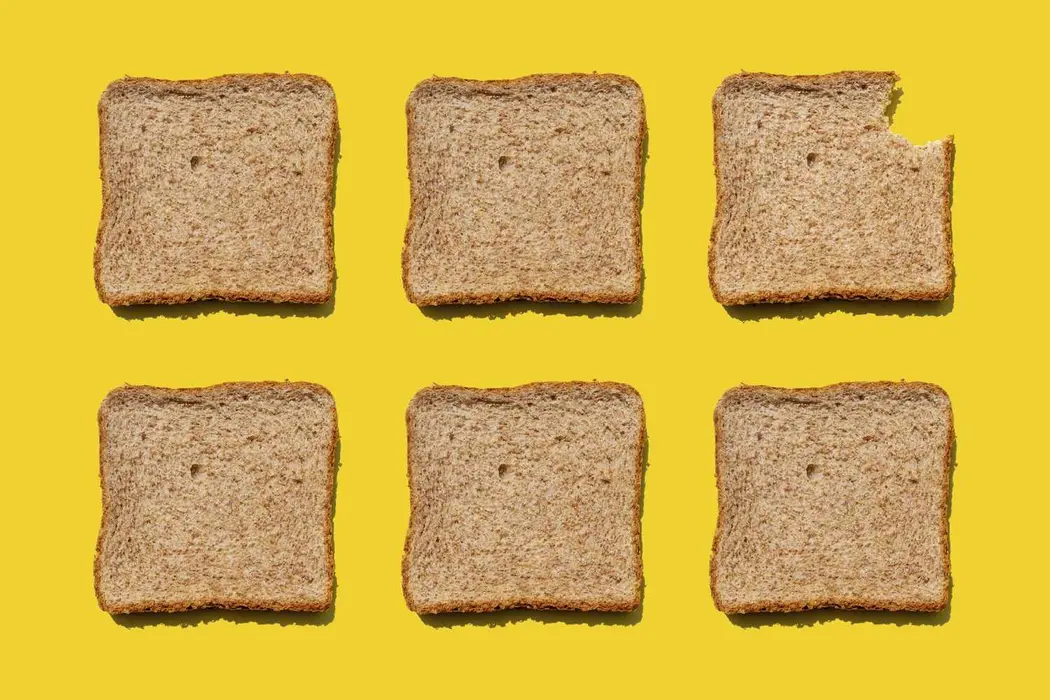
UPF guidance clarifies risk range

Increased junk food consumption raises lung cancer risk

Potato guide changes how we think about fries
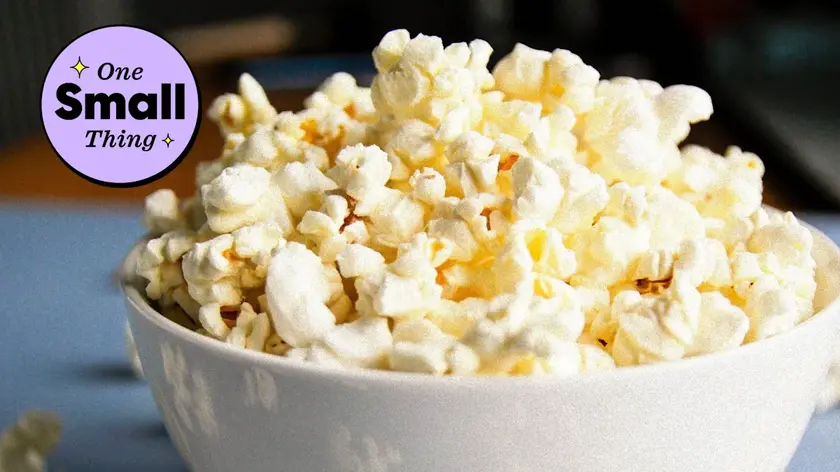
Health tips broaden weekly routine
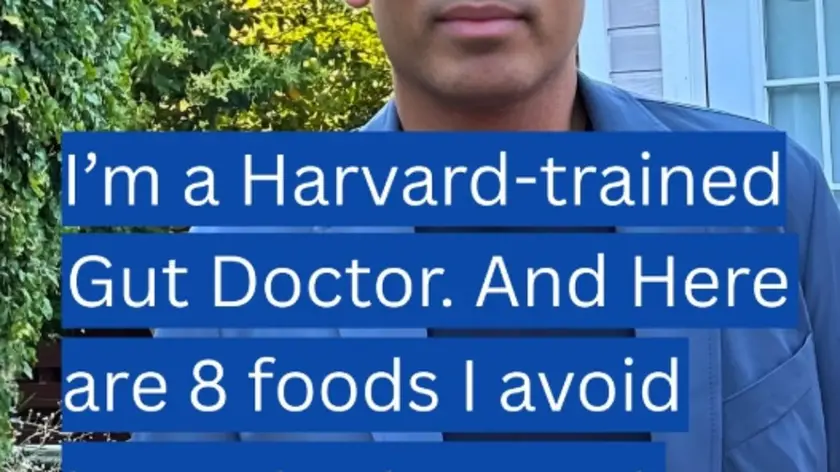
Harvard gastroenterologist reveals foods to avoid
